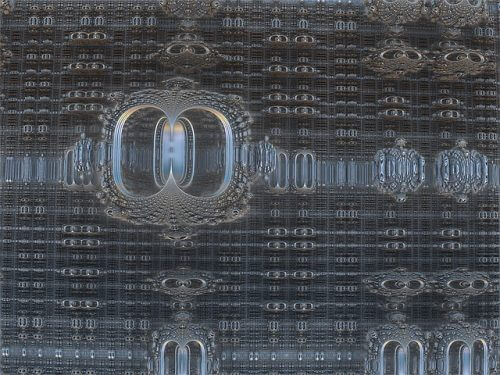Topological insulators that can enable fast and secure computing and communication may not be topological after all, unless they are made differently

Researchers from Ben-Gurion University of the Negev challenge the findings regarding a new type of materials, which could potentially be used for extremely fast calculations and secure communication.
One of the focal points of the new field of quantum information is the engineering of a new type of materials - topological materials, which have a useful feature: some of their physical properties are "protected". The meaning of this protection, Schnivia awarded the researchers the Nobel Prize in Physics this year, is that the properties of the materials are insensitive to large physical and chemical deformations. This feature makes them ideal for efficient, robust and secure calculation methods, information storage and communication. One group of such materials, called "topological insulators", have already been produced in the laboratory.
One of the proposed uses for these materials is quantum computing: when superconductors are brought close to these materials, a new type of "elementary particle" called "Majorana Fermions" appears in the system, named after the Italian physicist who first proposed their existence. Thanks to the topological protection, these particles can maintain quantum coherence for a relatively long period of time, which makes them especially useful for fault-tolerant quantum computations, the ultimate goal of the quantum revolution.
However, all these distinctions rely on a critical assumption - that there is no magnetic field in the topological materials. In a recent study published in the prestigious journal Physical Review Letters, Prof. Yigal Meir from Ben-Gurion University of the Negev and his postdoctoral student, Jianhui Wang, in collaboration with Prof. Yuval Geffen from the Weizmann Institute of Science, demonstrated how under the normal conditions in which these materials are used, A magnetic field is spontaneously created at the ends of the topological insulators. This magnetic field eliminates the topological shielding of the materials and raises doubts about the applications previously proposed for these materials.
Nevertheless, the researchers' new paper suggests a way to produce these materials, so that it would still be possible to achieve the desired topological protection, depending on the way in which electrical contacts will be connected to the material at the ends of the device. In such a case, no spontaneous magnetic field will be generated, and the topological protection will return.
Prof. Yigal Meir is a faculty member in the Department of Physics at Ben-Gurion University of the Negev.
Nobel Prize in Physics for discoverers of the special states of matter
